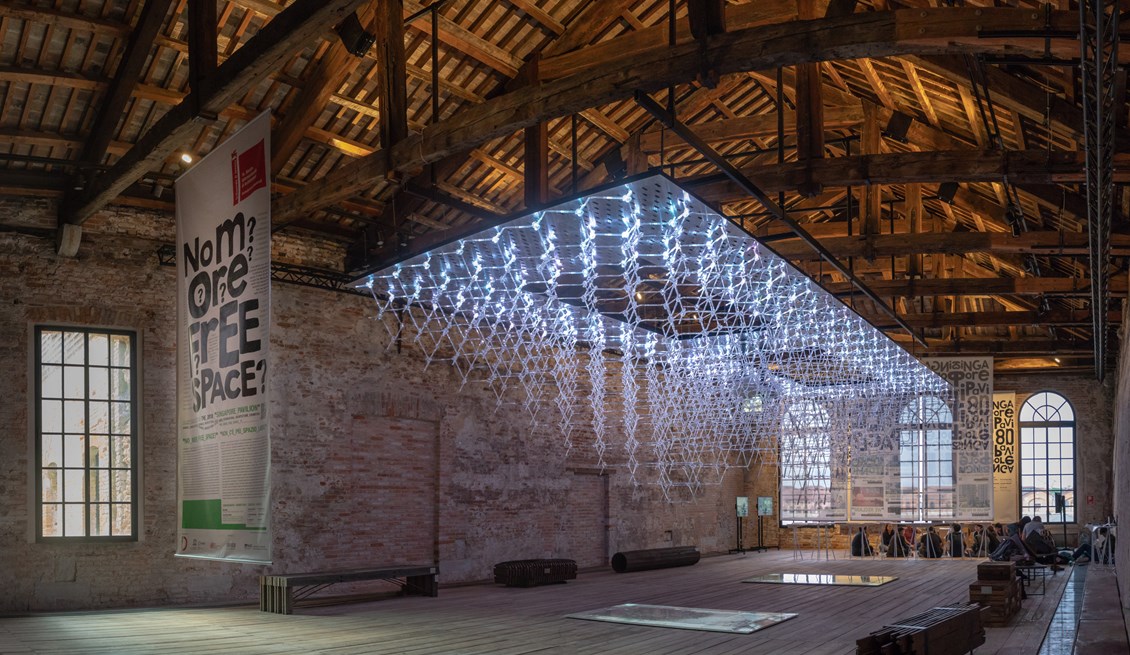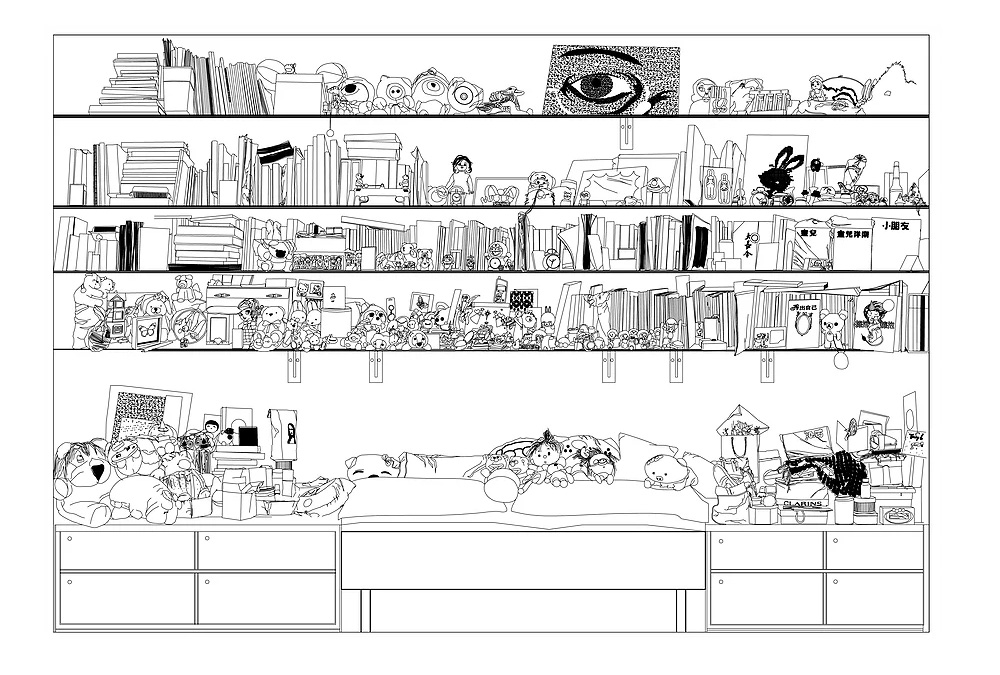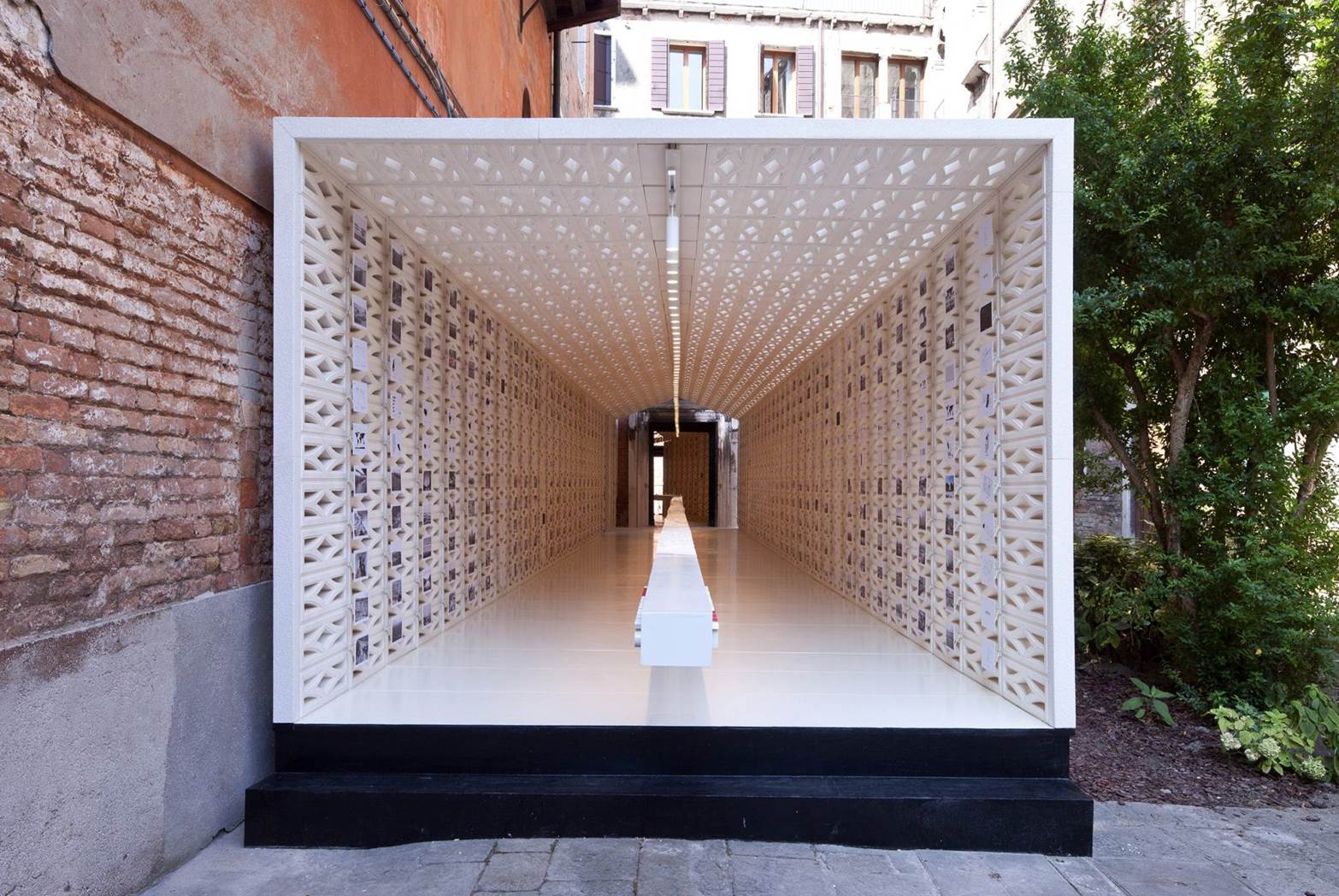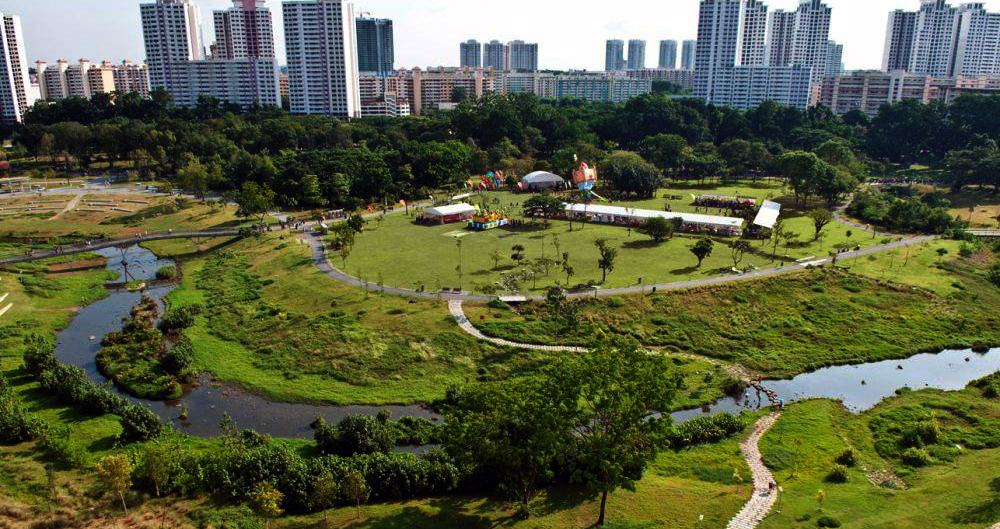Research Clusters

Research Clusters
An Asia Research Focus
The problem sets in our research-driven studios revolve around the key and strategic issues facing Asian countries. Anticipating new demands and new kind of cities that will emerge throughout Asia, the Department addresses critical issues in design explorations and planning solutions. They engage with the contemporary reality of borderless” economies and technological advancements. Asia’s unique pressures to housed educate, and engage large populations provide NUS Architecture a set of design and research agendas formed by critical insights into uncharted territories of knowledge and experience. In this regard, the Department’s research focus responds to these emergent conditions through its five core research areas:
1. Technologies
2. Research by Design
3. History, Theory and Criticism
4. Urbanism
5. Landscape Studies
6. Design Education
The History Theory Criticism cluster develops critical capacities to examine questions of built environmental production and consumption within historical and contemporary milieu. Taking architecture and urbanism in Asia as its primary focus, members work in interdisciplinary and transnational modes. We research a wide range of topics in colonial/postcolonial and modern/postmodern Asian contexts. We teach with the aim to produce historical literacy and consciousness among our students so that they can understand how the present is historically sedimented. Besides teaching, members also publish widely in diverse forms, organise and participate in major conferences and workshops, curate key exhibitions, and advise both governmental and non-governmental organisations around the world.
-
- CHANG Jiat Hwee (Cluster Leader)
- Francois BLANCIAK
- Lilian CHEE (Minor)
- Joshua Adam COMAROFF (Minor)
- Maxime Cedric DECAUDIN (Minor)
- FU Yuming (Minor)
- HO Puay Peng
- Robin Hartanto HONGGARE
- Jeffrey HOU (Minor)
- Nikhil JOSHI
- Thomas KONG (Minor)
- LEE Kah Wee (Minor)
- Tsuto SAKAMOTO
- Saptarshi SANYAL
- Dorothy TANG(Minor)
- Johannes WIDODO
The Research by Design cluster performs translational research through the practices of making as research rather than through traditional forms academic research. It links the importance of creating, drawing, and building with rigor, originality, and significance to produce innovative and creative designs that shape the built environment. Located strategically between the North-South axis of rapidly urbanizing Asia and the East -West line of the tropical equator, the Research by Design cluster performs research through practice in three main themes:
– novel aesthetics of climatic calibration and performance;
– contemporary architectonics of fabrication, material, and resources contingent on South East Asia
– emergent spaces of inhabitation and production surrounding the equator.
- Lilian CHEE (Cluster Leader)
- Francois BLANCIAK(Minor)
- Ruzica BOZOVIC-STAMENOVIC (Minor)
- CHEAH Kok Ming
- Joshua Adam COMAROFF
- LIM Ee Man, Joseph
- Victoria Jane MARSHALL (Minor)
- Shinya OKUDA
- ONG Ker-Shing
- Peeraya SUPHASIDH
- TAN Beng Kiang (Minor)
The Technologies cluster investigates environmentally performative/sustainable building forms and systems, and generative-evaluative processes for designing liveable environments. Its research employs traditional and emerging technologies contributing to a new understanding of the human ecosystem, and emerging computational methods and techniques for discovering the relationships between form and performance. It researches on the relationship between human and natural landscapes, at every scale, from the building component scale to the urban scale. Special emphasis is placed on the context of high density Asian cities and the context of the Tropics.
-
- Rudi STOUFFS (Cluster Leader)
- Filip BILJECKI
- Pieter HERTHOGS
- Fred KIM
- Nirmal KISHNANI
- LAM Khee Poh
- Eddie LAU
- Joseph LIM (minor)
- Shinya OKUDA (minor)
- QI Jinda (demi)
- Shin YOKOO
- YUAN Chao
With a comprehensive understanding of the complexity and distinctive characters of emerging urbanism in Asia, the vision is to develop sustainable models and innovative urban strategies to cope with various environmental, social, economic and technological challenges that Asian cities face today and in the future. Emergent urban issues related to community & participation, conservation & regeneration, ageing & healthcare, built form, modelling & big data, and resilience & informality are investigated from multiple perspectives and inter- and transdisciplinary collaborations to question conventional norms and conceptions and establish new visions for a sustainable urban future.
- Zdravko TRIVIC (Cluster Leader, MUP Programme Director)
- Naomi HANAKATA (MUP Programme Deputy Director)
- AHN Chaewon
- Filip BILJECKI (Minor)
- Ruzica BOZOVIC-STAMENOVIC
- CHO Im Sik
- FU Yuming
- FUNG John Chye
- HENG Chye Kiang
- Jeffrey HOU
- Asma KHAWATMI (MAUD Programme Director)
- LEE Kah Wee (Minor)
- LI Shengxiao Alex
- Justin STERN
- TAN Beng Kiang
- Johannes WIDODO (Minor)
The Landscape Studies cluster undertakes research to generate new knowledge of landscapes as socio-ecological systems and promotes the use of knowledge in governance systems and landscape design that improve the well-being of humans and the ecological integrity of the environment. The geographic focus is primarily high-density urban regions in Asia, but members of cluster also work in the transitional zones within the rural-urban continuum, where urban regions are expanding at a rapid rate into rural landscapes. The overall research approach is both interdisciplinary and transdisciplinary — we are concerned with not just advancing theoretical concepts and knowledge, but also applying the knowledge in practice and public policy to shape the environment. Our research areas cover a wide spectrum of socio-ecological dimensions of landscape, from landscape science, landscape management, to design research and socio-behavioural studies.
Design education occupies a unique place in the realm of professional education in a university. Located at the intersection of and traversing across different fields and disciplines, it has a long, illustrious and at times difficult history over the years. Questions and debates have erupted over purpose and pedagogy. Positions were staked, experimental pedagogies introduced, and new paradigms emerged that left important marks in the evolution of design education over the years.
The research cluster provides faculty from architecture, landscape architecture and architectural conservation with a platform and a forum to advance discourse, research, scholarship, and best practices on design education. It is an invitation to collaborate, share, nurture and build a community of design educators through lectures, workshops, seminars, conferences, publications, and exhibitions.
-
- Thomas KONG (Cluster Leader)
- Francois BLANCIAK
- LAU Siu-Kit Eddie
- Nikhil JOSHI
- TAN Beng Kiang
- Tsuto SAKAMOTO





